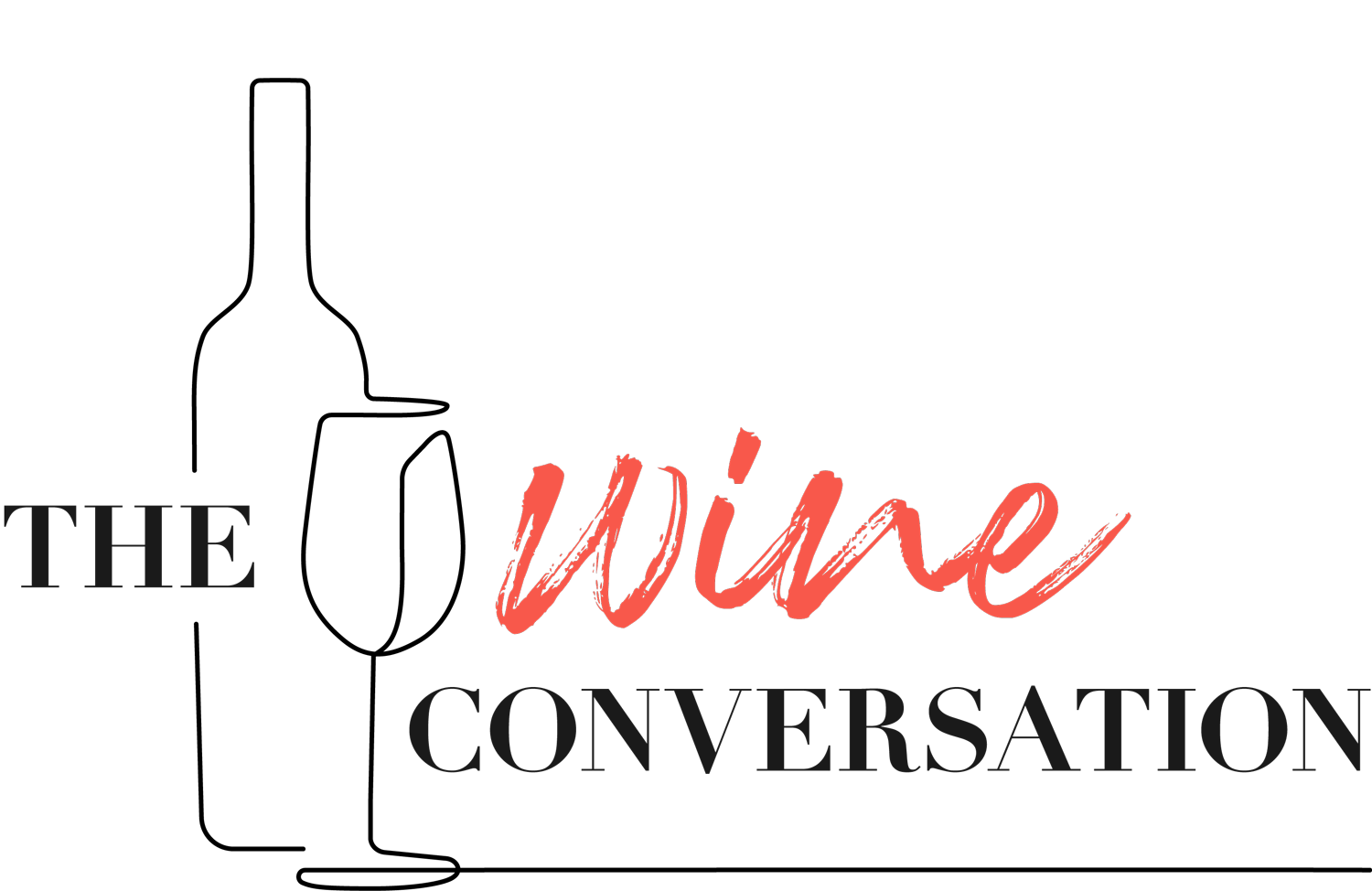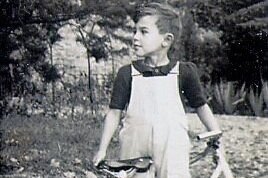▻ Jean-Michel Cazes (Ep. 1)
▴ Young Jean-Michel Cazes
Episode One – The Early Years
Episode Summary:-
Jean-Michel was born in the Bordeaux region, where his family owned the fifth-growth Pauillac estate, Château Lynch Bages. When he left school to study engineering in Paris he didn’t think he was going to return. The wine industry was struggling and he saw little future. However, he did return and was a leading figure not only in implementing modern wine techniques, but also, introducing Bordeaux to wine-lovers all over the world.
Now in his mid-80’s, Sarah visited him at his home in Pauilllac where it all started when his grandfather bought Château Lynch‑Bages back in the late 1930’s. The story, of course, starts with his grandparents…
““Between 1929 and 1939 out of the 18 classified growths in Pauillac 15 went bankrupt.””
Running Order:-
-
0.00 – 4.42
19th Century Bordeaux: The Beginning
“I read somewhere that in the village of St Estephe around 1880 there were in winter around a thousand montagnards working in the St Estephe vineyards.”
Jean-Michel’s family came from Ariège in the Pyrenees mountains, part of a contingent of seasonal workers, specialists in planting vineyards. They came to Bordeaux every winter, and then returned to the mountains in April and May to tend their sheep. They were called the montagnards (mountain people).
In 1875, his great-grandfather decided to remain in Bordeaux, settling in Pauillac. Almost 1,000 vineyard workers would come there every year, especially after the phylloxera devastation, and he organized the teams. -
4.42 – 8.59
A New Century, and a New Beginning
“His first vintage was in 1933, there was no market at the time, really the bottom of the Depression, and he was lucky enough to find a buyer, which was Maison Cruse in Bordeaux, who bought the whole crop, and I heard my grandfather say that Cruse saved his life at the time.”
His grandfather, Jean-Charles Cazes, was in the French army in World War I. The exposure to the changing outside world resulted in new ideas and new ambitions for members of his generation. Back in Bordeaux, he looked after chateaux and vineyards of mostly absentee owners.
In 1933 his grandfather took over management of Lynch Bages. Most Bordeaux properties were bankrupt during that time and in 1939 he bought the estate from General Félix de Vial. -
9.00 – 27.07
Away from Home: Ambition and Reality
“Between 1929 and 1939, that 10-year period, there are 18 classified vineyards in Pauillac; out of them 15 went bankrupt.”
The wine business is still doing poorly, so Jean-Michel’s father, André Cazes, starts an insurance agency in Pauillac. When World War II came, his father went into the army, was soon captured and became a prisoner of war for five years.
Jean-Michel went on to school in the city of Bordeaux. Originally, he wanted to be a doctor, but switched to studying engineering in Paris. He then went to Texas for a university degree in engineering, then into the army for obligatory military service. There, he transferred to computing, then a brand-new specialty. Afterward, went to work for IBM and was one of the first to programme computers in France. Back home, the vineyards in Bordeaux were still not doing well. -
27.08 – 31.53
Returning Home: Reality Comes Around
“The market is a little better, maybe we should take this opportunity to sell the vineyards?” André Cazes
In late 1960s and early 1970s, the wine market improved, and Jean-Michel’s father asks if they should sell the vineyard, but Jean-Michel persuades him not to. Instead, Jean-Michel moves back in 1973 with his young family and joins his father’s insurance business.
It turns out that 1973 is a key year, the beginning of a technical revolution in winemaking and enterprising new initiatives in marketing worldwide: The renaissance of Bordeaux was about to begin.
RELATED POSTS
Keep up with our adventures in wine
Further reading:-
Wine and War by Don and Petie Kladstrup – fascinating book on how French producers undertook ingenious and daring measures to keep their vineyards going during World War II.
NY Times Article – background to the 1968 revolution in France.
Further episodes:-
Great Wine Lives | Jean-Michel Cazes
Ep. 2 | 1973 – A New Era for Wine
Ep. 3 | 1973 – The AXA years – Venturing outside France









As war in the Lebanon yet again fills our news channels Sarah Kemp talks to Marc Hochar of Chateau Musar.